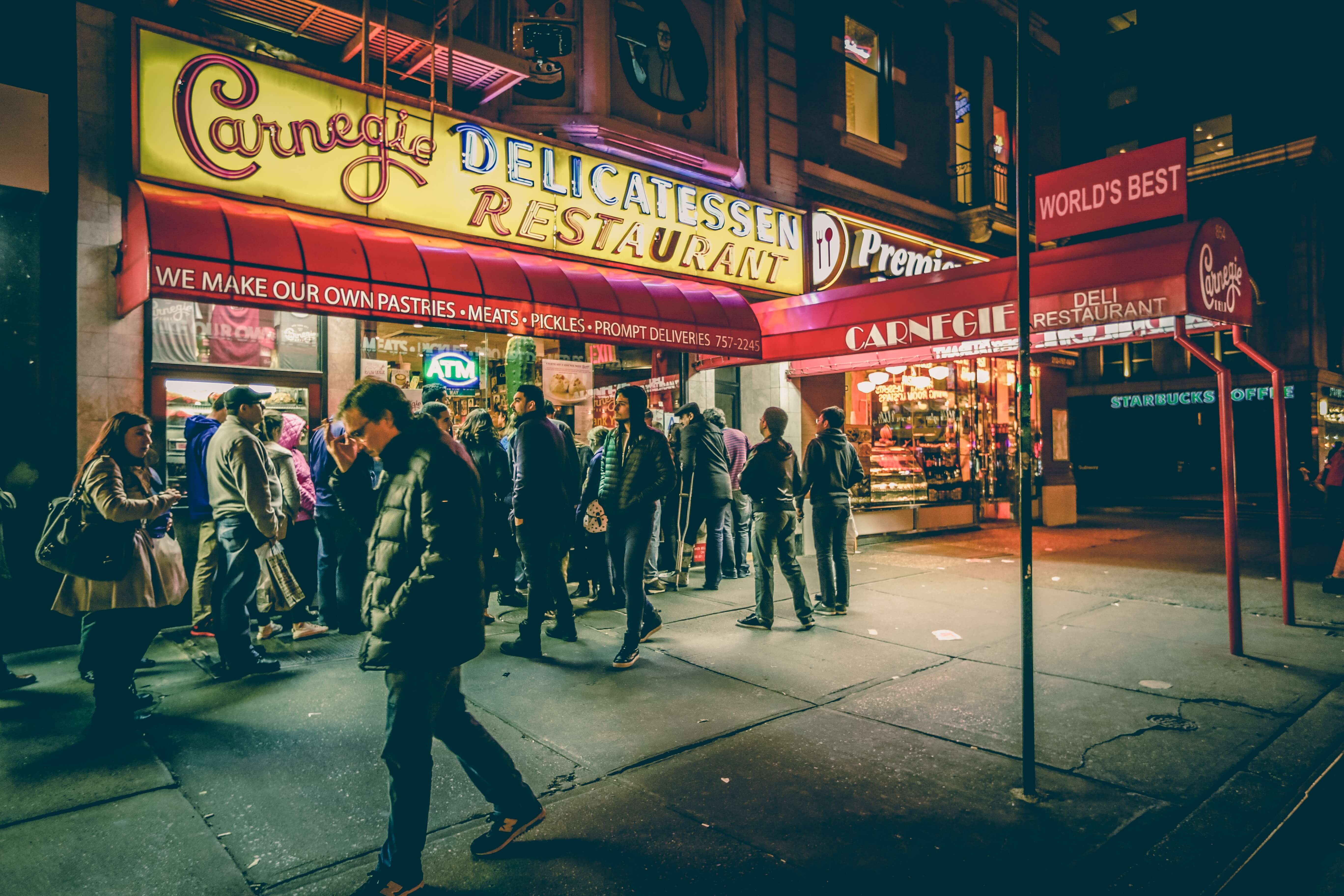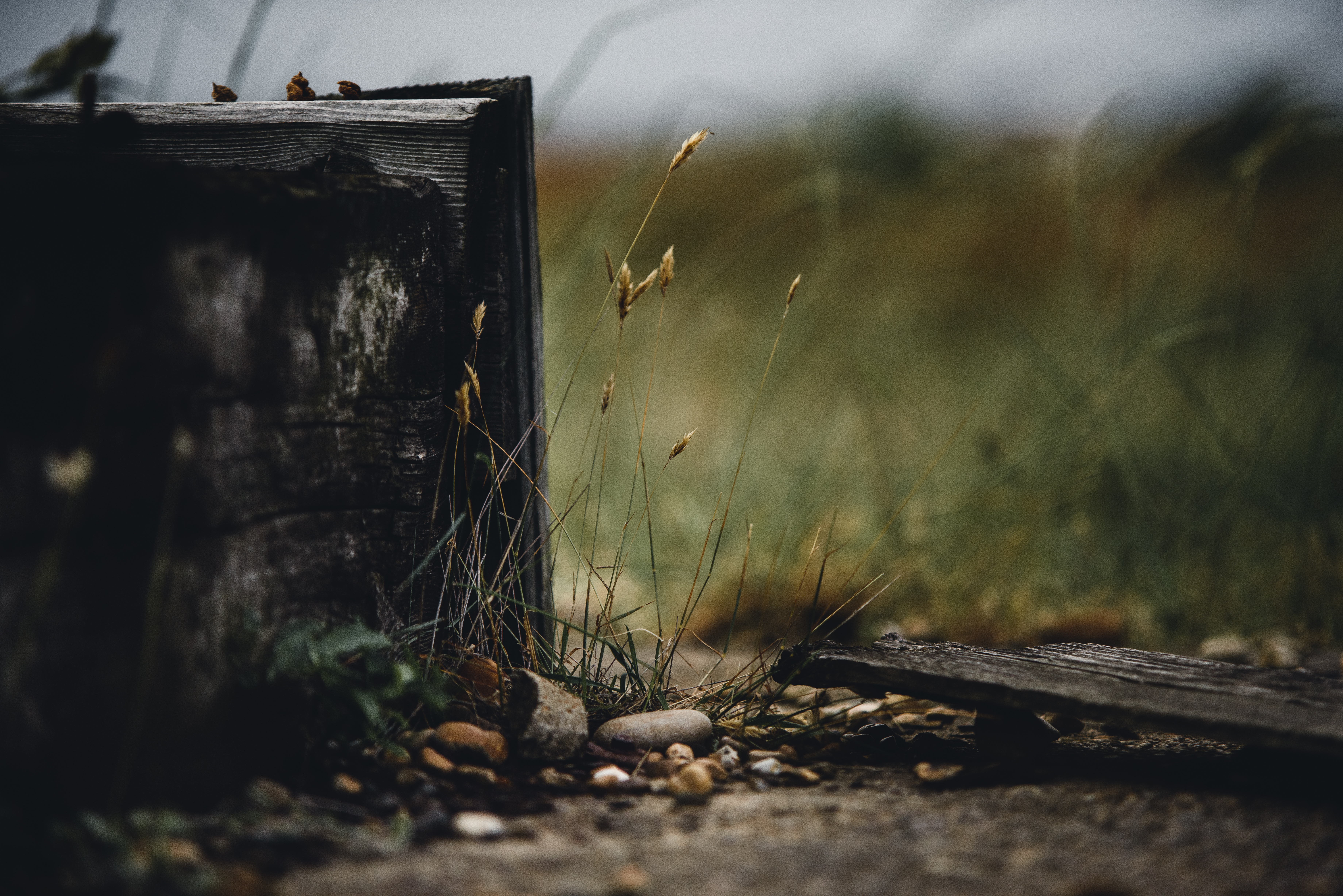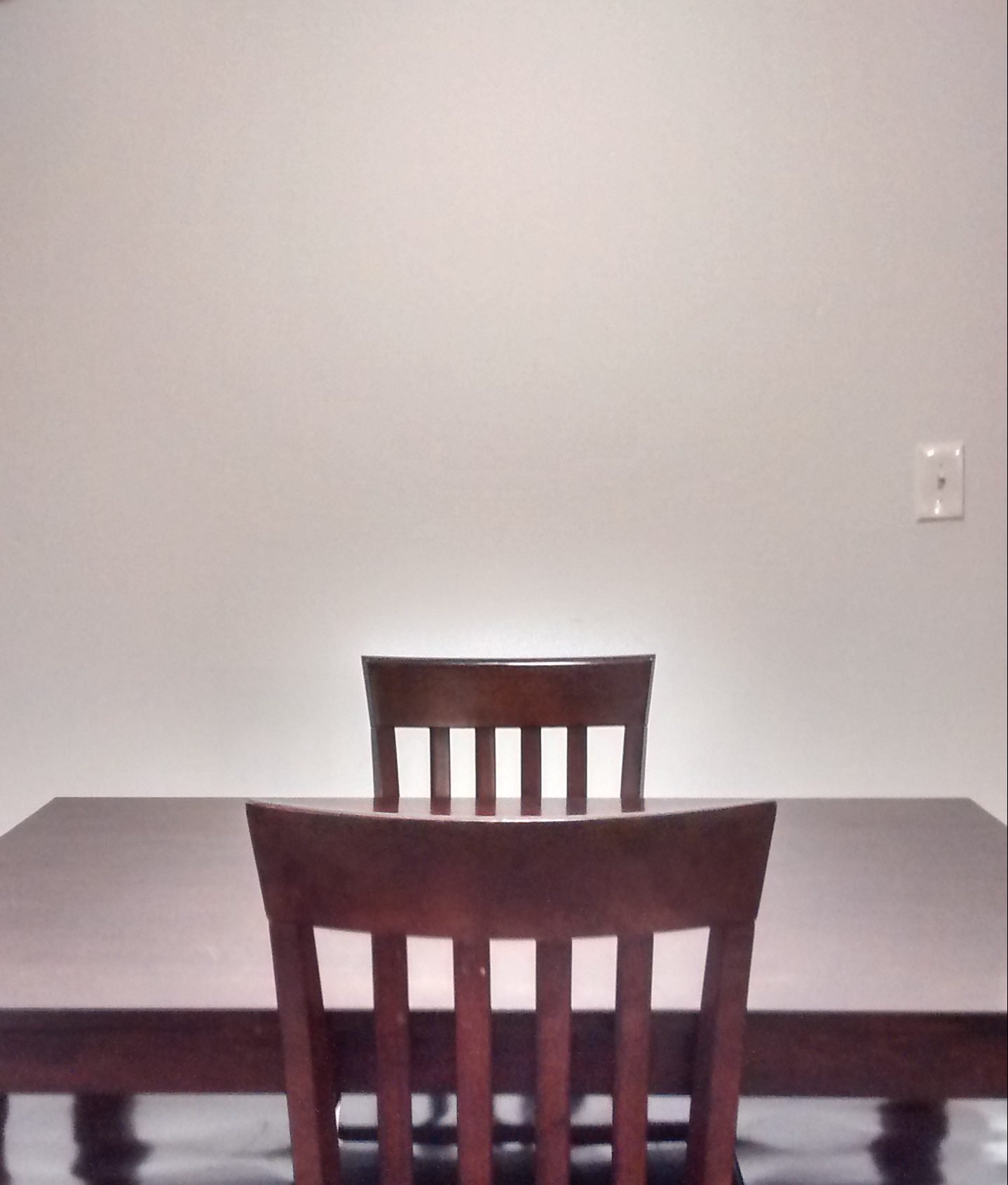No human can be prepared or equipped for a massacre of innocent people. But this—this is beyond us in a different way, to watch one in real time from thousands of miles away. To know that no matter how much information you gather, no matter how much money you send, you will still be left helpless, gaping at a screen until you choose to shut off the nightmare your fellow humans are living and dying through.
The expanse of humanity is more interconnected than ever before, but is that even a good thing? Can you encounter the expanse of humanity with an open heart? Or would it tear you open at the seams?
I submit that if you tried to direct fifteen minutes of your full attention to every disaster, crisis, and tragedy that crossed your field of vision, you would be crushed. It is a heavy undertaking even to believe the bare facts about what has happened in Syria, to remind yourself the city is not an elaborate movie set, much less to actually imagine the panic and grief of the families there or to pray for a young man who could celebrate the “capture” of a wasted ruin littered with the bodies of noncombatants. Try to absorb it all, and blow after blow will leave you gasping against a wall; try to carry it all, and you will stumble, too tired to lift your face from the mud; try to love them all, and you will suffocate as the weight of your body and theirs halts your breathing, alone and covered with wounds.
Only one person has ever been able to hold it all. But not before it killed him.
As often as we rail against whatever God would “allow this,” we look again upon this God bored through with the world’s hatred and pain, and realize that, however baffled and brokenhearted we may be, we are never alone. And we realize, considering this God who proposed somehow to inaugurate the reign of hope, peace, joy, and love after two long days in a grave, that we have no choice but to trust him with his own work.
And we must trust that our own work has some significance—we must not give up on the work of lament. For work it is, to hold what you can of the pain, even briefly, even inadequately. There are those who would say only that which accomplishes something can be called work; to them I would say, lament is the work of pushing back indifference. To weep for strangers, to cry out how long, O Lord?, is to declare that what has been lost is not the collateral damage of foreigners’ conflicts but is our own family, invaluable, irreplaceable. To sit in the dust with Jeremiah is to remember not only Aleppo and Jerusalem, but the cries of the Israelite women in Egypt and the mothers of Bethlehem, yet it is also to defy the story that this is the way things have always been. This is an abomination, this is a tear in the fabric of the universe, this is Christ crucified again. If we have only the strength to light a candle, we light a candle, because we will not accept that this news can be consumed between celebrity scandals and political soundbites. We will not sit silently when others tell us to fear these people who saw their city ripped apart before their eyes.
It is not lament that signals despair. It is indifference that shows when we have given up. It would be a shallow thing indeed to call ourselves, this Advent, we who have hope, if we have not chosen to look fully into the faces of the suffering; if we claimed to look for Jesus this Advent and failed to find him there.
If you want to give to relieve the suffering of refugees from Aleppo, Preemptive Love is doing the work of taking them in—on the ground, in Syria. They also work to prevent violence and to help refugees rebuild lives. You can learn more or donate here.




